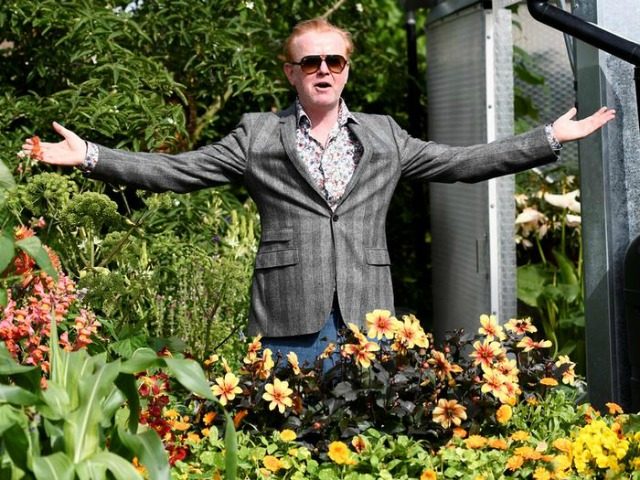The BBC has been forced to reveal the salaries of nearly 100 high-paid media personalities after fighting “tooth and nail” against the list’s publication, but has deflected criticism over the bill by focusing on their own gender pay gap instead.
Top Gear presenter Chris Evans was paid at least £2.2m by the BBC last year while Gary Lineker received more than £1.75m, according to figures published by the corporation after a government order to disclose the figures.
Culture Secretary Karen Bradley told the Commons last September that it would help ensure the BBC “produces value for money for the licence fee”, and that more transparency could lead to savings that could then be “invested in even more great programmes.”
In a bid to limit the damage, BBC boss Lord Tony Hall sent a video message to staff prior to the list’s publication, reminding them that their salaries are large sums to most licence fee payers, stating: “We are dealing with the public’s money.”
Former Conservative culture secretary John Whittingdale, told the Today programme: “If somebody is earning the equivalent of 1,000 households’ licence fees put together, going to one single person, then the licence fee payer deserves to know.”
And while widespread amazement at the colossal salaries of the BBC’s top ‘stars’ was reflected in the rest of the mainstream media, the BBC fought back by saturating the news with their own coverage. Yet instead of dwelling on the millions of pounds of licence fee payer’s money being lavished on stars the BBC instead followed Lord Hall’s lead by framing the conversation around the gender pay gap between men and women.
Woman’s Hour presenter Jane Garvey blasted at “extraordinarily male and entirely pale and big salaries”, Radio 2, whose presenter Jeremy Vine was shown by the list to be the fourth highest-paid BBC employee, on £700,000-£749,999.
In order to highlight what it calls the “BBC’s gender gap”, the Guardian highlighted the difference in salaries between male and female personalities working in similar fields, comparing Gary Lineker’s salary to that of sports presenter Clare Balding (£150,000 to £199,999).
In a statement to launch the BBC’s annual report, Lord Hall promised that the broadcaster’s commitments to gender parity and ethnic “diversity” will change the media market, declaring: “We have set the most stretching targets in the industry for on-air diversity and we’ve made progress.
“If you look at those on the list who we have hired or promoted in the last three years, 60% are women and nearly a fifth come from a BAME background.
“Meeting our goal on this is going to have a profound impact not just on the BBC, but the whole media industry. It’s going to change the market for talent in this country,” he added.
The state broadcaster “fought tooth and nail” to resist revealing the sums that licence fee payers are forking out to television personalities, a ministerial source told the Daily Mail.
After arguing that it should only have to reveal salaries only of ‘stars’ earning more than £450,000, the BBC battled to delay publication of the list so as to buy time to even up the “gender pay gap” and move staff off its books.
Required only to publish the details of staff it employs directly — with presenters employed via a third-party production company — the BBC will be able keep secret the salaries of its top TV ‘stars’ in future, having made production arm BBC Studios a commercial company subject to the same loophole.
Commenting on the list, UKIP media spokesman Patrick O’Flynn said salaries at the top end “seem ridiculous, particularly when you bear in mind the extra spin-off earnings that come with being a major BBC presenter.
“I have long believed there are people who could present Match of the Day very well for a tenth of what Mr Lineker is paid,” he added.

COMMENTS
Please let us know if you're having issues with commenting.